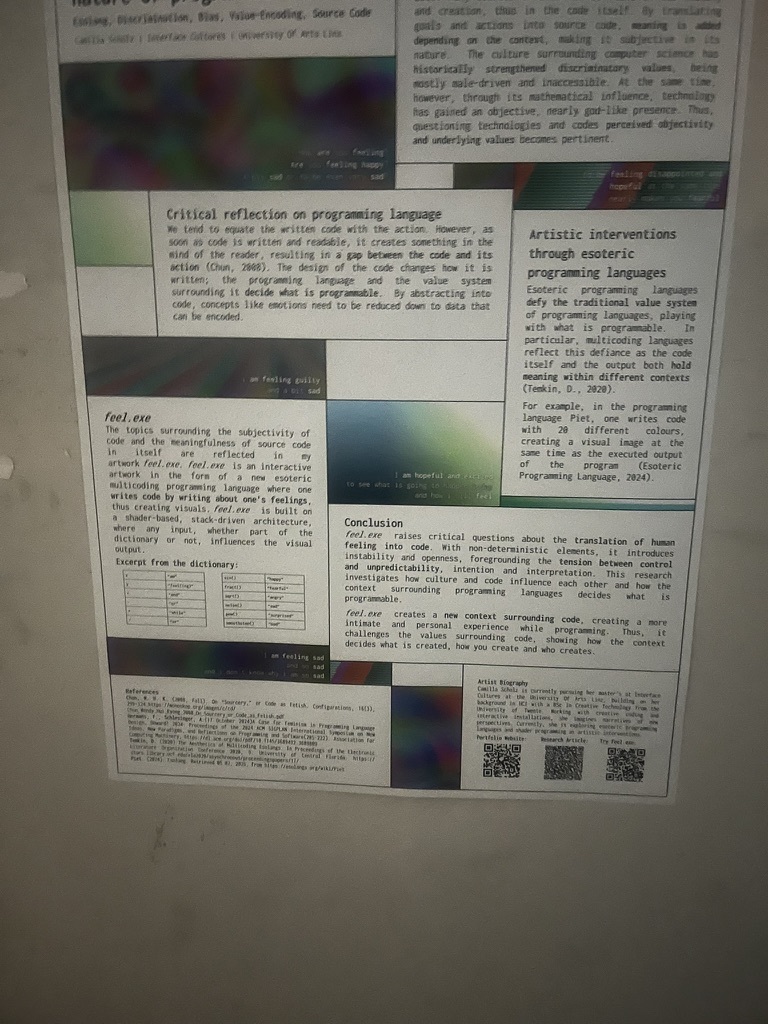Feeling of Computing • Episode 78 • Let's Take Esoteric Programming Languages Seriously
One of the biggest goals of this show — our raisin detour, if you will — is to encourage people to look at computer programming differently. It’s not just a job, or a way to make the computer do what you want. Code isn’t just the material you sculpt into apps and games and websites. The very act of programming itself, and the languages we make and use to do that programming, reflect who we are as people. Programming languages say something.
Esolangs — esoteric programming languages — are programming languages created for these more self-reflective purposes. To some, they’re defined by what they’re not: not for serious use, not for education, not for efficiency. To others, they’re a bunch of funny jokes that people can commiserate through after suffering the steep learning curve of becoming a programmer. A few find in them an opportunity to explore strange computational models, or baffling syntax designs. But is there more to them? Could there be?
In this episode, we’re discussing a preprint of the paper Let’s Take Esoteric Programming Languages Seriously by Jeremy Singer and Steve Draper, and struggling with what it even means to give esoteric languages their due.
Excited to give this a listen! This is very much related to new podcast name and podcast itself, but when I was visiting Austria earlier this month I randomly happened to be in Linz during their big Ars Electronica festival. One of my favorite exhibits was an esoteric language called feel.exe by Camilla Scholz. It's am esoteric shader language that is written by expressing feelings
Jimmy Miller In your challenge, are we allowed to use library functions that use booleans internally, such as min()?
Nice listen! You mentioned Orca, which isn't really an esolang in that it's made for practical use and has a large community of practice around it, despite looking a lot like befunge. I think Devine had seen befunge before, but had forgotten about it and hadn't consciously used it as a reference. I think that supports Lu's point that esotericness is relative.
@Personal Dynamic Media Really up to you. If you feel it’s not cheating go for it. Theres not hard and fast rule. I recommend people going till they don’t think they can eliminate more.

